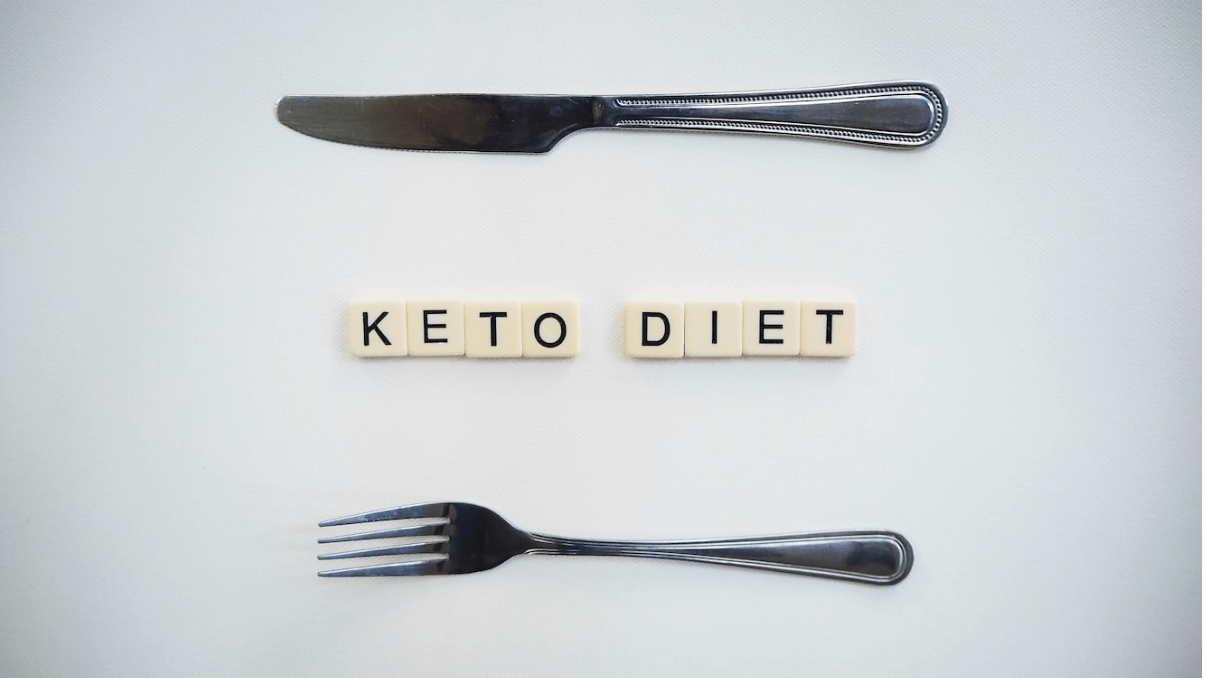If you’re thinking about starting the keto diet, you’re not alone. This popular weight loss regime has been gaining traction in recent years, and for good reason. The keto diet can help you lose weight quickly and easily – but it’s important to know what you’re getting yourself into before you start. In this article, we’ll discuss the basics of the keto diet and provide some tips for making it a success. So if you’re ready to start shedding pounds, keep reading!
What Is A Keto Diet?
A keto diet, also known as a ketogenic diet, is a low-carb, high-fat diet that can help you lose weight. The idea behind the keto diet is to enter a state of ketosis, where your body burns fat for energy instead of carbs. This happens when you consume very few carbs and moderate amounts of protein. To do this, you’ll need to eat mostly fatty foods and cut out all sources of sugar and carbs, including bread, pasta, rice, and sweets. The rules of keto diet programs are simple, but they can be difficult to stick to at first. However, if you’re committed to losing weight, the keto diet can be a great option.
The Benefits Of A Keto Diet
There are many potential benefits of a keto diet. First, it can help you lose weight quickly – often in just a few weeks. This is because the keto diet causes your body to burn fat for energy, rather than carbs. In addition, a keto diet can help to improve your cholesterol levels and decrease your risk of heart disease. Finally, a keto diet can also help to increase your energy levels and mental clarity. This is because the keto diet stabilizes your blood sugar levels, which can lead to more stable energy levels.
How To Start A Keto Diet
If you’re interested in starting a keto diet, there are a few things you should keep in mind. First, you’ll need to make sure that you’re getting enough fat and protein in your diet. This can be difficult at first, as you’ll need to cut out all sources of sugar and carbs. However, there are plenty of high-fat, low-carb foods that you can eat on the keto diet, including avocados, eggs, fatty fish, and nuts. In addition, you’ll need to make sure that you’re drinking plenty of water and getting enough exercise. This will help to keep your body in ketosis and prevent any unwanted side effects. Finally, it’s important to consult with your doctor before starting the keto diet, as it may not be suitable for everyone.
Which Foods Can You Eat On A Keto Diet?
There are a number of delicious foods that you can eat on a keto diet. First, avocados are a great source of healthy fats and can be used in a variety of recipes. Eggs are another great option, as they’re high in protein and low in carbs. You can also enjoy fatty fish, such as salmon, tuna, and trout. Nuts and seeds are also a good option, as they’re high in healthy fats and fiber. Finally, you can enjoy dairy products, such as milk, cheese, and yogurt, on a keto diet.
What Are The Side Effects Of A Keto Diet?
There are a few potential side effects of a keto diet. First, you may experience the “keto flu,” which is a collection of symptoms that can occur when your body first adjusts to a ketogenic state. These symptoms include fatigue, headaches, and nausea. However, these side effects are typically mild and should go away after a few days. In addition, you may need to increase your intake of salt and water. This is because the keto diet can cause dehydration and electrolyte imbalances. However, these side effects can be easily remedied by drinking plenty of fluids and eating foods high in electrolytes, such as bone broth, dark leafy greens, and avocados.

The keto diet is a high-fat, low-carb diet that can help you lose weight quickly. However, it’s important to make sure that you’re getting enough fat and protein in your diet, and that you’re drinking plenty of fluids. You should also consult with your doctor before starting the keto diet, as it may not be suitable for everyone. Make sure to eat plenty of delicious foods, such as avocados, eggs, fatty fish, and nuts. With a little bit of planning, you can successfully start a keto diet and experience all of the potential benefits. If you have any questions or concerns, please speak to your doctor.

